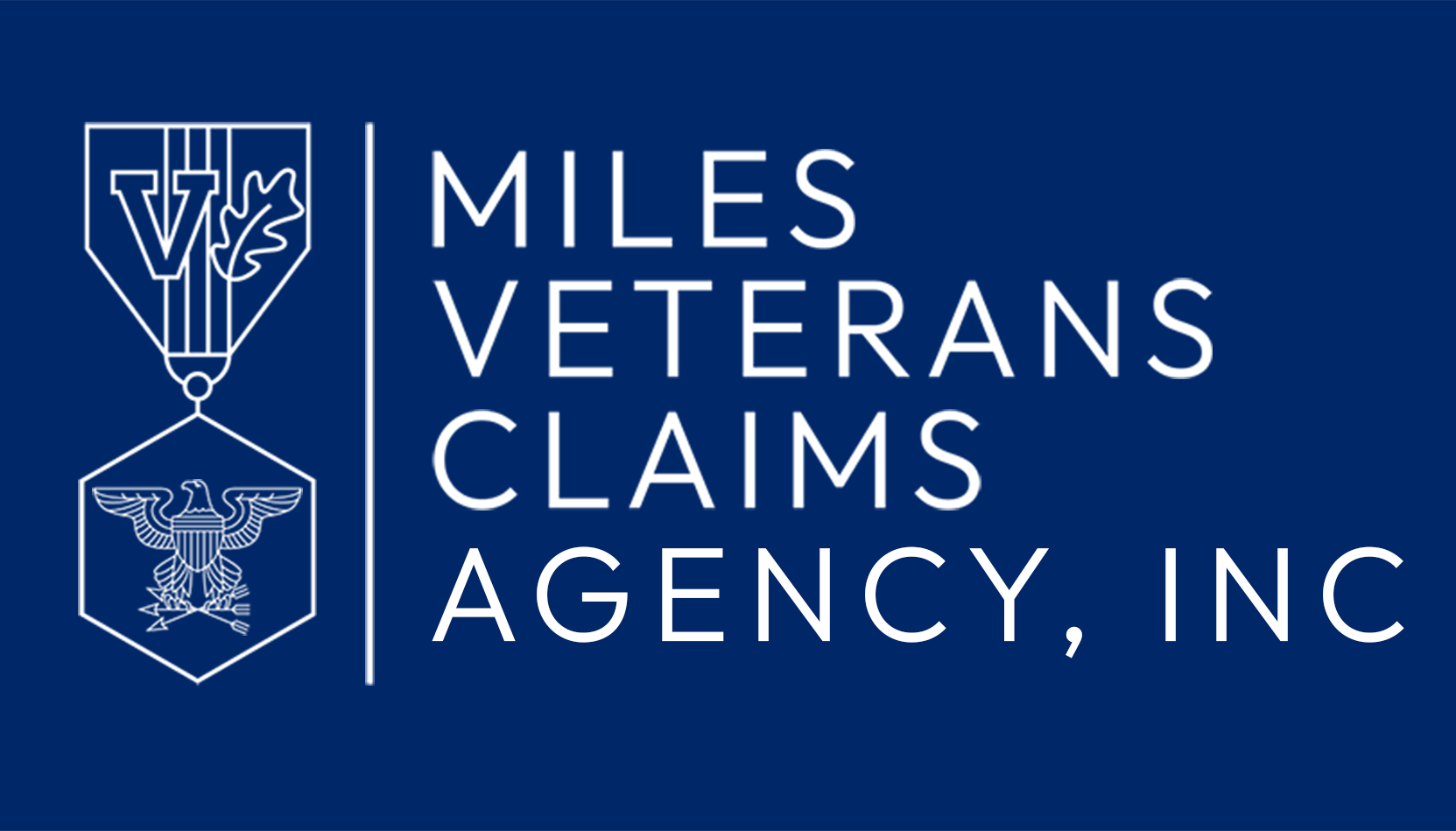VA claims can sometimes seem confusing and intimidating – and often are. But for service connection itself, the rules are actually simpler than you would think.
Service connection simply means that a veteran’s disability was incurred during or aggravated by their military service. In order to prove it, you have to show three things:
- A current diagnosed disability. Sounds simple? Bottom line is you need to show that you have a current condition that is effecting you today. For example, you might have broken your arm in the military five years ago. But that broken arm isn’t a current disability. A current disability would be arthritis that happened because of the broken arm, or restricted range of motion due to scar tissue. So that’s the first thing. You need a current condition.
- Event in service. The second thing you need to prove your claim is an event in service. That could be an injury (such as the broken arm I mentioned earlier), an illness, or something else that happened such as a traumatic incident, a hazardous exposure, etc.
- Connection (or nexus) between 1 and 2. A nexus is medical evidence (such as a doctors opinion) that the event caused the current disability.
Where it gets tricky is the exceptions or when you have difficulty obtaining evidence or getting recognition–or when VA makes a mistake. For example, when I injured my feet, that was the event in service. But when VA lost my records, there was no evidence of that event.
Except.. there was. What I didn’t know way back in the early 1990s is that my journal and letters home from basic training could also have proven my case. A buddy statement from someone I went through training with could have done the same.
Sometimes the nexus is “presumed.” That can happen, for example, if you a condition is diagnosed while you are still in the military. You didn’t have it when you went in (that’s the “presumption of soundness”, and you did have it on the way out? No nexus needed. It can also be presumed for certain conditions. For example, if you served in Vietnam, it is presumed by law that you were exposed to Agent Orange. If you later get prostate cancer, then (in theory) service connection should be an automatic grant.
If you don’t have a presumed nexus, VA will almost always schedule you for an exam as part of their duty to assist. In most cases these days, that means they’ll send you to an outside contractor such as QTC, LHI or VES, and they will in turn send you to a doctor, nurse practitioner or other medical professional who will conduct your exam on a subcontracting basis. Be prepared for anything here: sometimes you’ll get a quality exam, and sometimes it’ll seem like a nightmare, and you never know what to expect.
In most cases, if your claim is denied it will be because you are missing one or more of those three elements. If you need help with the next steps, feel free to call or request a case evaluation.

